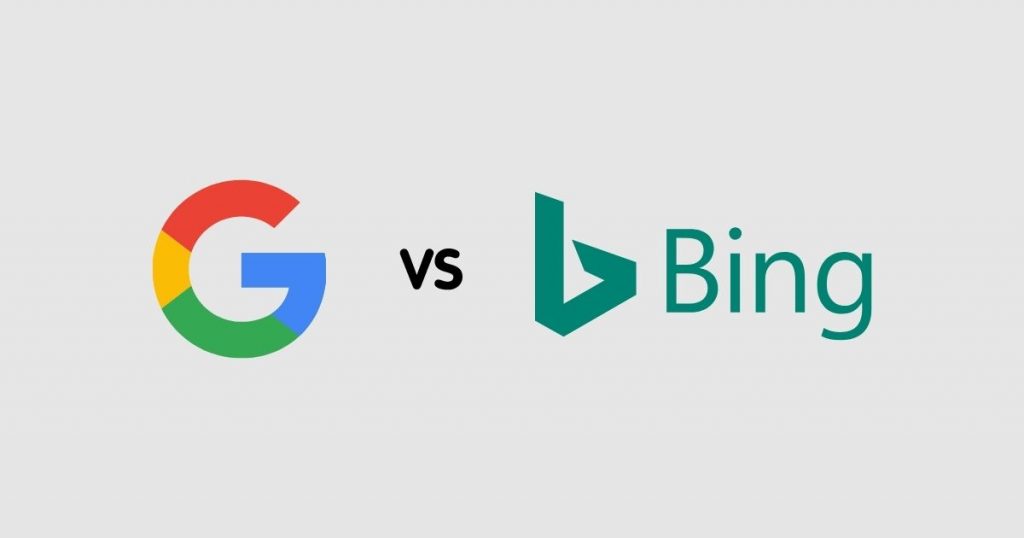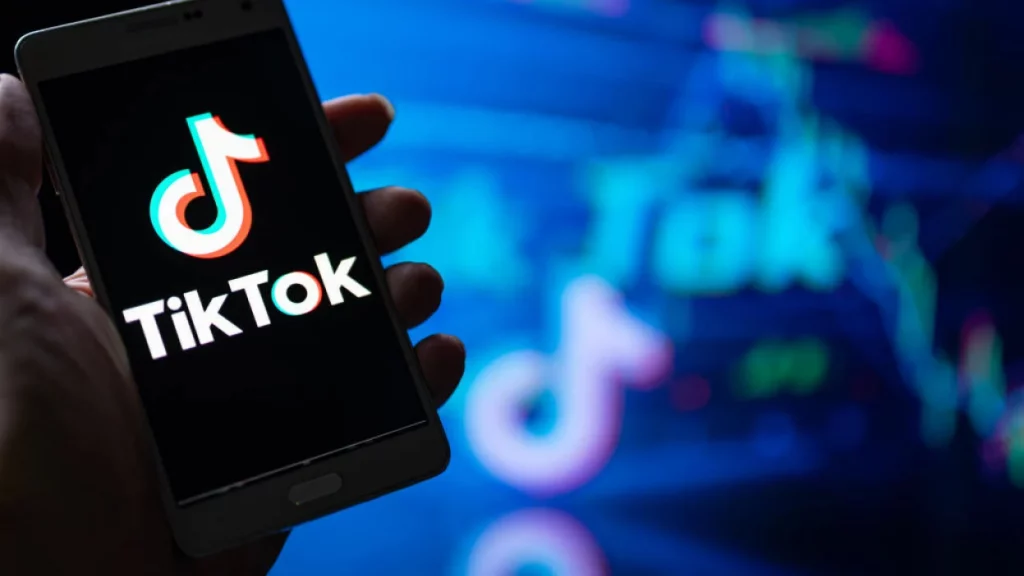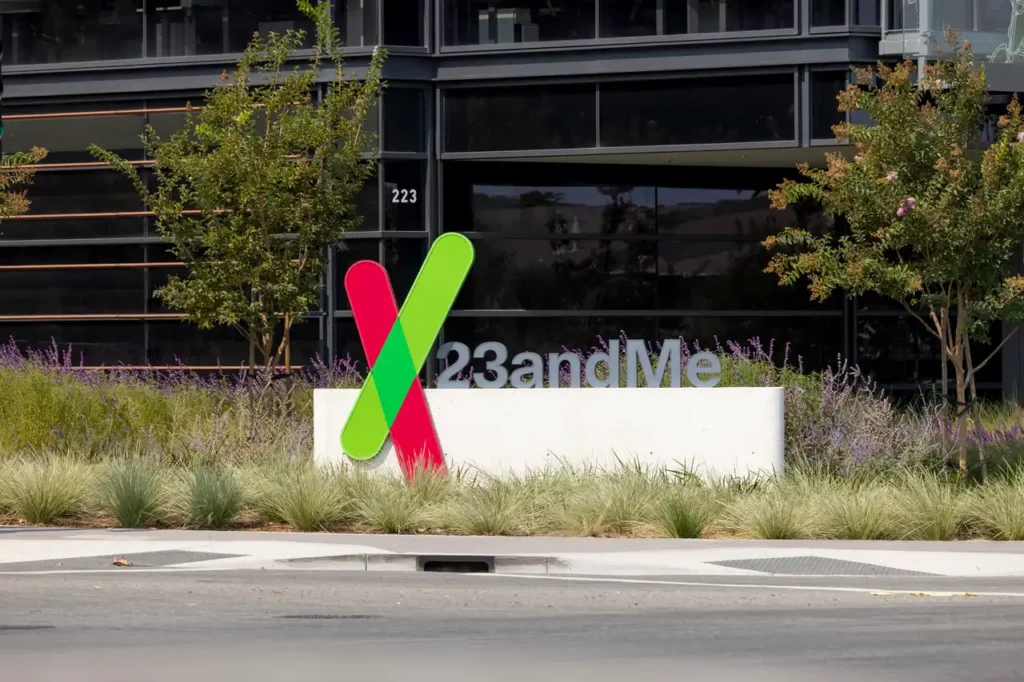To take on the undisputed search engine king with its artificial intelligence-enhanced Bing is a bold move by Microsoft, but the early signs are encouraging. In an effort to determine whether or not the new Bing search engine lives up to Microsoft’s lofty claims and provides the same level of wow factor as the ChatGPT AI chatbot, I ran the same queries through both search engines.
Basically, I’m very impressed. Bing is a welcome addition to the search engine market. Using Bing’s AI features, I found it to be the best search engine in eight out of ten of the tests I describe here.


It’s unclear how this new level of rivalry will affect our daily lives. People are so used to using Google to search that it’s hard to get them to switch. Google is working on a chatbot called Bard that will use artificial intelligence and will eventually be added to Google Search.
Microsoft, however, has already raised Bing’s profile higher than it has been in years. The head of Bing’s consumer product marketing team, Yusuf Mehdi, announced on Thursday that more than a million people have signed up to use the AI-enhanced version of Bing. In any case, improved search capabilities are inevitable.
Bing and Google both perform adequately for everyday queries such as “weather in Waco, Texas,” or “what is a grunion?” The large-language model AI technology from Microsoft partner OpenAI doesn’t improve matters. Combining Microsoft’s web index with OpenAI’s knowledge of how to process and create language can help with complicated searches in a big way.
I aimed my comparison between the two engines at the more complex queries. Even though this isn’t a formal scientific study, I learned a lot from it.
I’ve listed the keywords I used and the results I found.
What’s a good day hike on a road trip from Los Angeles to Albuquerque?
For the most part, I was unimpressed by Bing’s and Google’s standard results. Bing provided me with a fancy box that took me to the Los Angeles entry on Wikipedia, while Google provided a link to a Wanderlog page with generic travel tips for the area.
Bing’s AI-enhanced search results were a significant upgrade, as they correctly guessed that I was looking for information about hiking. PlanetWare’s website recommended a 9-mile hike up Mount Baden-Powell to the northeast of Los Angeles. While I can’t speak to the quality of the hike itself, I can say that it was a pleasant stop along the way. The new results from running the query included a quick getaway close to Albuquerque and several options near the Grand Canyon, which is nice but a long way from Route 66. When I followed the link to learn more about the Albuquerque trail, I found a detailed description, the trailhead’s location, information on both longer and shorter variants, and several additional links to relevant resources.
Winner: Bing
Including subfolders, how do I merge two folders in MacOS?
Asking a search engine for technical support in this way can be incredibly helpful if it turns up a solution to your specific problem posted online. While this remains constant, the new Bing gives users more control over their search experience.
Bing’s default search engine returns MacPaw results first, while Google recommends articles from Apple’s support site. But again, if you scroll up on Bing, you’ll see OpenAI’s repackaging of web content, such as instructions for the Finder or the ditto command in Mac OS.
In all honesty, I found the instructions at AppleInsider to be the most helpful, despite the fact that they ranked lower than the first page of results on Google. They include screenshots and offer a little more reassurance to users concerned about losing their data. The AI results from Bing were helpful, and if the company invests in R&D, I can imagine it surpassing Google’s current method.
Winner: Google
What did the US shoot down over Alaska?
The effectiveness of the search engines was tested by conducting this inquiry on the same day that the United States military shot down a UFO.
Bing displayed a prominent box with the suggestion “high altitude object,” which linked to and excerpted from two news articles covering the event. Google didn’t provide any concrete solutions, but it did link to an article in The New York Times. Links to the news sections of Bing and Google were also prominently displayed.
Upon further exploration of the AI interface, Bing provided the following synopsis, compiled from five different news outlets: “Several media outlets report that on Friday afternoon, the United States military shot down a “high-altitude object” that was flying over Alaskan territory. At 40,000 feet in the air, the object was “roughly the size of a small car.” Even though its provenance and composition are still shrouded in mystery, initial observations suggest that it lacked the maneuverability of the Chinese spy balloon that the United States shot down over the weekend. The United States military has found a lot of fragments from the object and is looking into it.”
This query shows how Microsoft’s Bing engine outperforms OpenAI’s ChatGPT, which uses training data from 2021 or later because it indexes only the most recent additions to the web.
Winner: Bing
What does IRA stand for?
Irrelevant results such as “individual retirement account” and “Irish Republican Army” were returned by Bing, despite the fact that this is a simple query. To Google’s credit, their equivalent box only offered retirement as a possible choice.
When I scrolled to the top of the Bing page and activated the AI system, that’s when things got interesting. Here, data from Bing-provided websites is presented by Microsoft’s Prometheus technology, using OpenAI’s language smarts, with footnotes that lead to the original sources. The first of the two paragraphs of the response is as follows: “The acronym IRA can mean several different things. The most common interpretation refers to IRAs, or individual retirement accounts, which are a special kind of savings account used to put away money for retirement while enjoying favorable tax treatment. The rules and benefits of individual retirement accounts (IRAs) vary depending on whether they are traditional, Roth, SEP, or SIMPLE IRAs.”
You can learn even more by following the provided links, which provide a fairly straightforward explanation. Follow-up questions and links, such as “How can I open an IRA? “, are available. One of the main reasons Microsoft is interested in this new sophisticated search engine technology is because the answer to that question provides some additional advice and source links, including an advertisement from Charles Schwab.
However, neither of these sources mentioned the Russian Internet Research Agency.
Winner: Bing
If you had to choose between Marie Curie and Nikola Tesla, who would it be and why?
It’s possible to guess Bing’s response if you’re familiar with ChatGPT. That was a bad punt. With good reason, too; it’s not easy to put a number on IQ, and ChatGPT doesn’t tend to pass judgment.
As an alternative, we are given a brief summary of each person’s accomplishments and the following conclusion: “It’s difficult to compare Curie and Tesla’s achievements and contributions to science and technology because they were both such remarkable individuals. Perhaps we can stop debating who was the smartest and instead honor their legacies and contributions to society.”
Google, on the other hand, provided a link to a relevant Quora page. Several different perspectives were presented, and it is up to the reader to decide which is most credible.
Microsoft obviously thought I would find its Bing search engine helpful, as it included a response and subsequent chat alongside the standard search results. On Bing, I often have to scroll or click the “chat” window to access the AI-powered results. Bing’s decision to display the AI-powered results may depend on more than just relevance. The cost of using OpenAI’s technology is higher than that of using more traditional search methods.
Winner: Bing
What motivates Diana Villiers in the Aubrey-Maturin novels?
Neither search engine provided a satisfactory answer to my query, which concerned a minor character in the fantastic historical novels by Patrick O’Brian set during the Napoleonic Wars. Both Bing and Google provided results for websites like Wikipedia and a Patrick O’Brian wiki page where I could read character descriptions.
However, Bing’s AI interface was able to synthesize data that provided a precise response to my inquiry. Its reaction starts with, “Diana Villiers, according to some accounts, is driven by a thirst for independence and exploration. She doesn’t want to be a typical housewife or a docile object of her husband’s affection. She is a thrill seeker who is easily bored and always up for a new adventure. In addition, she is headstrong, intransigent, and devoted to her group of friends.”
That answer is correct; if you want to verify it, you can follow the links to Bing’s sources.
Winner: Bing
Write an email apologizing for being late to a crucial meeting.
As is to be expected for questions that call for more “creative” answers, Microsoft has pretty much handed over the entire task to OpenAI, and the answer is something you might have seen at ChatGPT.
“To the Team: I want to apologize for being late to today’s meeting. I apologize for being late to such an important meeting and for any inconvenience or frustration I may have caused “the letter’s opening. Although the tone is stiff and businesslike, it serves its purpose.
After giving Bing a gentle prod and telling it to “now blame it on car trouble,” it happily altered the result to my specifications. I had car trouble on the way to the office and I could not find a mechanic or a taxi nearby, but the sentence structure was all wrong. This is why Microsoft describes it as a “co-pilot” that can aid you, rather than the final word.
Although Google did not write an apology letter for me, it did direct me to a helpful resource.
Winner: Bing
The Way of Water from Avatar, where can I find it?
Google’s theatre and showtime matrix was an immediate improvement over Bing’s default search results. By today’s standards, this was a simple question.
The Bing AI interface, however, went the extra mile by telling me that I would have to wait for it to be released in theatres before I could watch it online.
Winner: Bing
Does anyone know what each of the buttons on this laser nebula astronaut toy does on the remote?
I figured I’d explore the “long tail” of search results, where less common queries are more difficult for search engines to process. This is a real issue with a toy we own whose official name I had forgotten.
Bing sent me to the Amazon page for the item, which is a good place to begin a more targeted search. Google provided a link to a more useful YouTube video explaining how to use my toy.
Bing’s AI section did not provide concrete advice, but it accurately described some of my model’s characteristics. None of the nine links it provided were particularly helpful, with five of them leading to international versions of Amazon.com. However, a video on the product page for the Amazon product at least demonstrates how to use a remote. Google wins this round in my book.
Winner: Google
Do electric toothbrushes offer any advantages over manual ones if used for two minutes?
Both Bing and Google returned results from health and dental advice websites with articles on the topic, and I’m not sure which was more helpful.
However, Bing’s AI provided a more straightforward set of answers, which included three benefits and three drawbacks of electric toothbrushes, as well as five links to additional resources on the topic. It concludes that “as long as you brush twice a day, every day, for two minutes per session, you’ll keep your teeth plaque-free — no matter which type you have,” a paraphrase of Consumer Reports.




